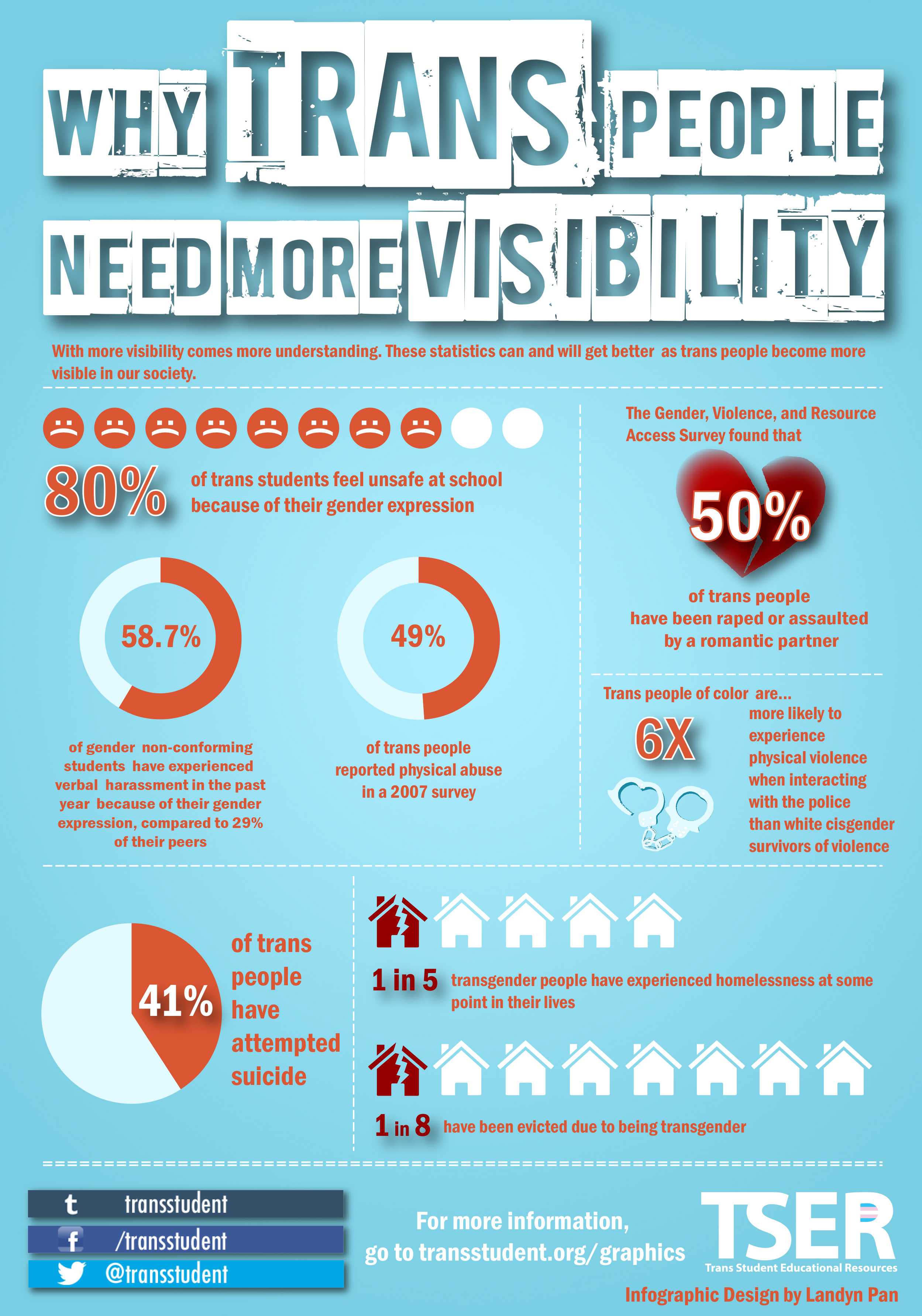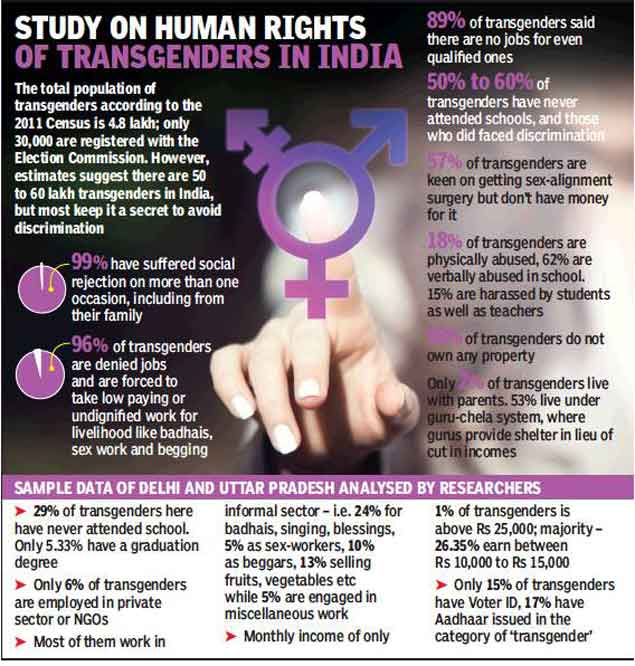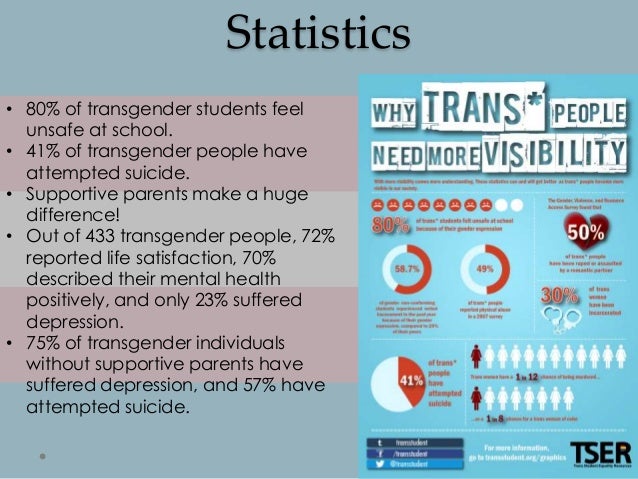WHY LGBTQ people are particularly vulnerable to corona virus?
Relevance: Sociology: Minority and vulnerable sections in India: & G.S paper I: Society and social issues: G.S Paper II: Governance: Welfare of the vulnerable sections in the society

CONTEXT
The World Health Organization has recently determined COVID-19 to be a global pandemic, and most of the countries have declared a state of emergency to try and tackle the spread of the virus.
Over 100 organizations have signed an open letter urging those in charge of tackling coronavirus (COVID-19) to remain aware that the LGBTQ community is “particularly vulnerable” to the effects of the virus.
The National LGBT Cancer Network has spearheaded the letter, noting a number of factors make LGBTQ people more vulnerable to the virus, including discrimination in accessing healthcare.
“As the spread of the novel coronavirus also known as COVID-19 increases, many LGBTQ+ people are understandably concerned about how this virus may affect us and our communities,” the letter states.

“The undersigned want to remind all parties handling COVID-19 surveillance, response, treatment, and media coverage that LGBTQ+ communities are among those who are particularly vulnerable to the negative health effects of this virus.”
The open letter is signed by more than 100 organizations, including initial signer Whitman-Walker Health, and additional signers including the Capital Pride Alliance, GLAAD, Human Rights Campaign, Lambda Legal, and the National Center for Transgender Equality.

It outlines three key factors for why the LGBTQ community is more vulnerable to the effects of COVID-19.
First, LGBTQ smoke at rates that are 50% higher than the general population. Because COVID-19 is a respiratory illness, the letter notes that it “has proven particularly harmful to smokers.”
Second, higher rates of HIV and cancer in the LGBTQ community means that a greater number of people may have compromised immune systems, which leaves them more vulnerable to COVID-19 infections.
Third, healthcare discrimination in America, including denial of care, unwelcoming attitudes, and lack of understanding from staff and providers means LGBTQ may be more reluctant to seek medical care.
The National LGBT Cancer Network also notes that there are three million older LGBTQ people in the United States, and they are “already less likely than their heterosexual and cis-gender peers to reach out to health and aging providers.”
The devastating impact of COVID-19 on older people — the current mortality rate is at 15% for this population — makes this a huge issue for the LGBTQ+ communities as well.
“LGBTQ+ communities are very familiar with the phenomena of stigma and epidemics,” it continues. “We want to urge people involved with the COVID-19 response to ensure that LGBTQ+ communities are adequately served during this outbreak.”
The letter concludes with a note urging those involved with fighting COVID-19 to “learn from history” with regards the LGBTQ community.
“As LGBTQ+ community and health leadership, the undersigned organizations offer to stand shoulder to shoulder with the mainstream health leadership to make sure we learn from history and do not allow any population to be disproportionately impacted or further stigmatized by a virus,” it states.
As for LGBTQ people who are worried about contracting the virus, the National LGBT Cancer Network advises that people follow all CDC and WHO advisories, staying aware of local alerts and travel advisories, avoiding close contact (within three feet) with anyone who shows symptoms of illness, and avoiding touching face, eyes, and nose with unwashed hands.
National LGBT Cancer Network states ;If an LGBTQ+ person has cancer, smokes, is HIV+, is over 65 years old, or has any other fragile health condition, consider taking additional measures to avoid risk of infection.
“This could include more vigilance about staying away from symptomatic people, it could include avoiding larger gatherings of people, and should definitely include practicing excellent epidemic hygiene, like frequent hand washing and breaking habits of face-touching.
All smokers should know they can access free cessation services by calling or visiting 1-800-QUIT NOW.”

For more such notes, Articles, News & Views Join our Telegram Channel.
Click the link below to see the details about the UPSC –Civils courses offered by Triumph IAS. https://triumphias.com/pages-all-courses.php

